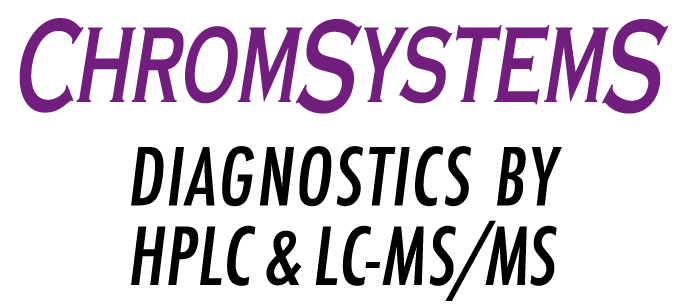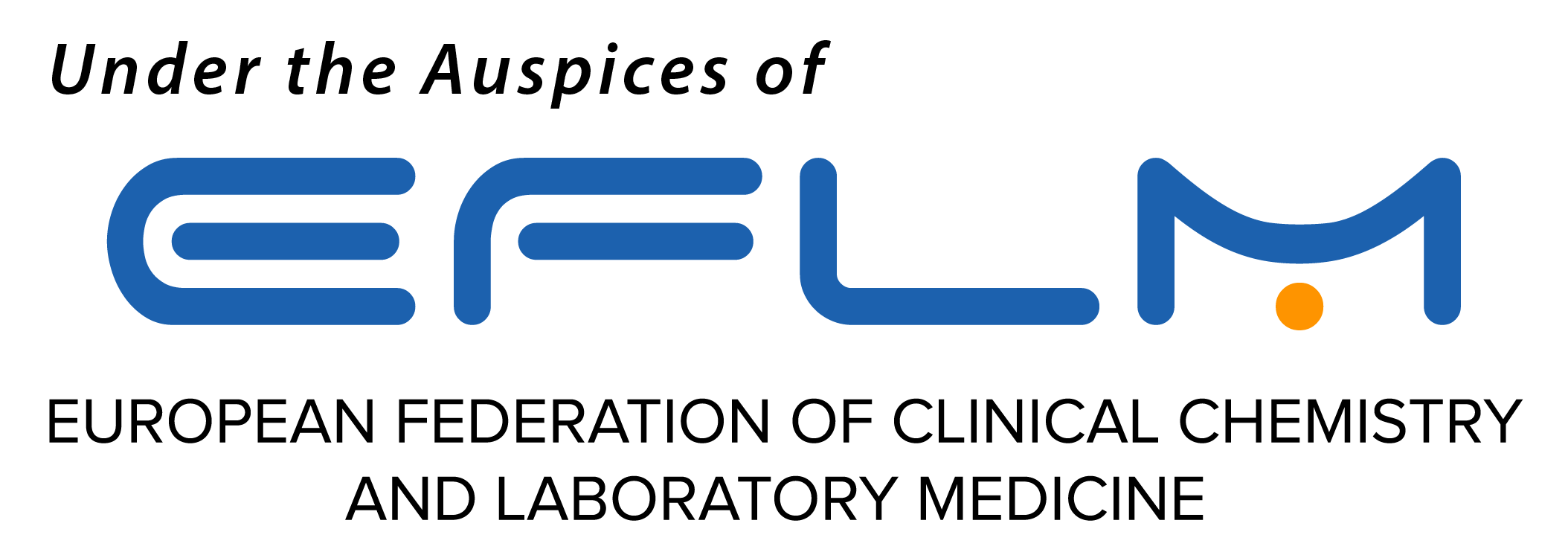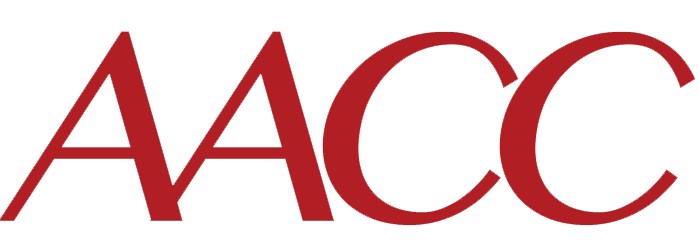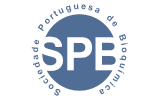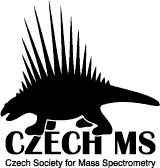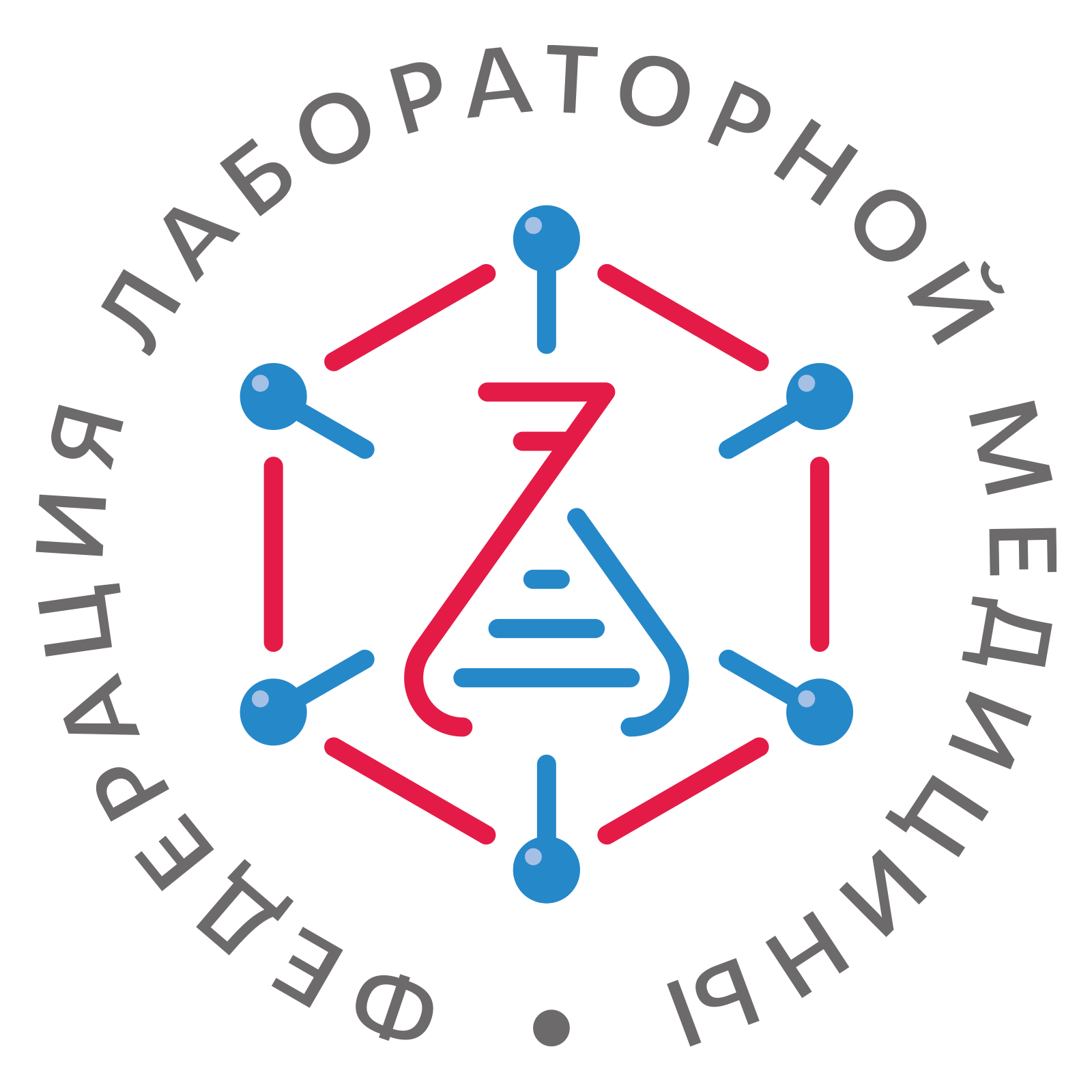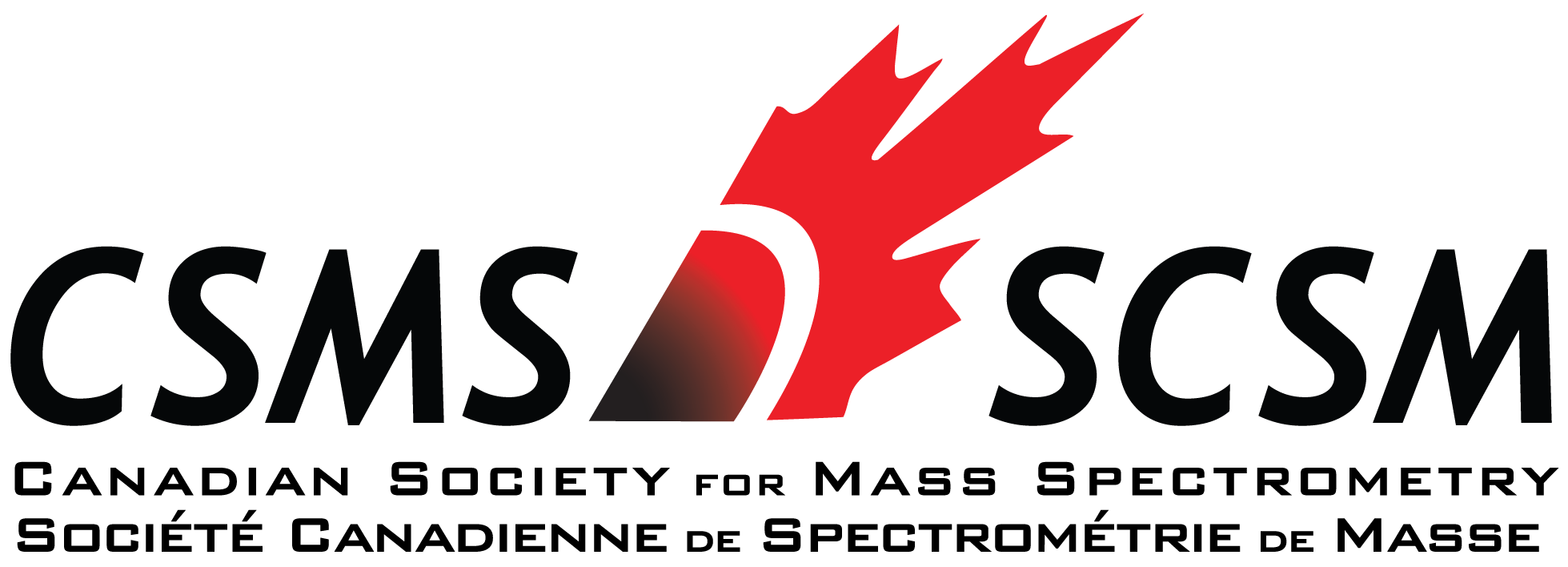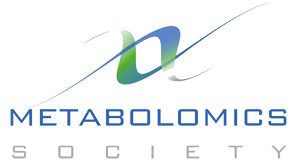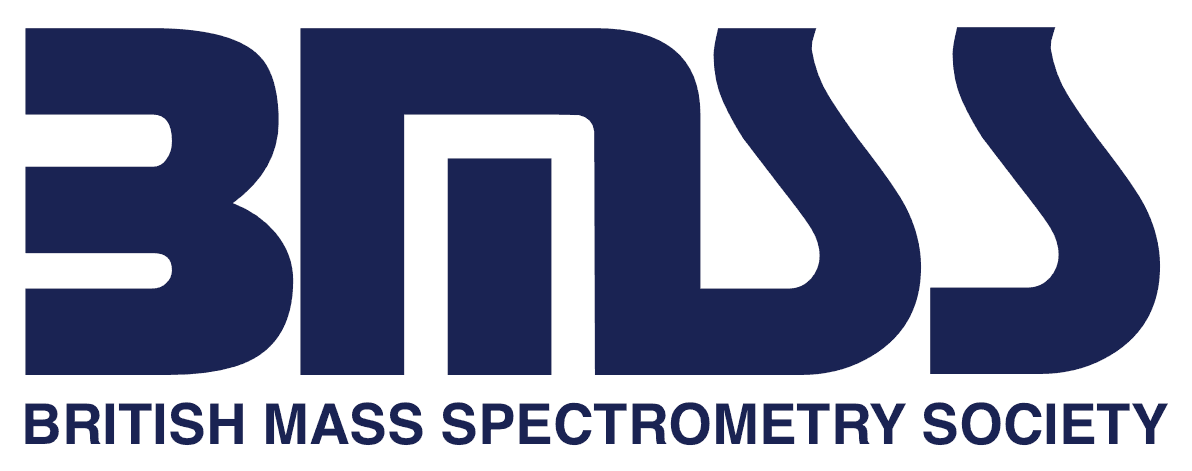MSACL 2019 EUSalzburg Sept 22-26 |
Details
MSACL EU
|
Description
|
MSACL 2019 EU Salzburg Congress Center Salzburg, AUSTRIA Short Courses : September 22-24, 2019 Congress & Exhibits : September 24-26, 2019 |
MSACL provides a forum for discussing the clinical application of mass spectrometry by bringing together academic and industrial experts in the field with those driven to explore and understand more about the potential application and benefits. The mission of MSACL is to accelerate the implementation of mass spectrometry in the clinical laboratory with the goal of contributing to the improvement of patient standard-of-care as well as reducing health care costs.
SCIENTIFIC PROGRAM HIGHLIGHTS
Distinguished Contribution Award Lecture | 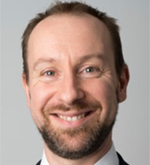 |
15 years of Ambient Mass Spectrometry: From Amino Acid Clusters to Surgical Robotics Zoltan Takats Imperial College London |
Plenary Lectures | 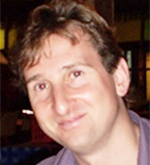 |
Inflammatory Stories in Time and Space: Using Mass Spectrometry Imaging, Ion Mobility and High Throughput Lipidomics to Understand Human Disease Jules Griffin Computational and Systems Medicine, Surgery and Cancer, Imperial College London, London and Department of Biochemistry, University of Cambridge, Cambridge, UK |
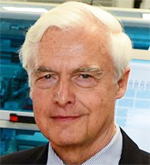 | send prelim program when available so can decide on whether taking guest room or not Donor-derived cell-free DNA as a biomarker in organ transplantation Michael Oellerich Institute for Clinical Pharmacology, University Medicine Göttingen, Germany | |
Keynote Lectures | 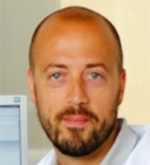 | Metablomics : Needs to speak on the morning of the 25th September From Spectrometric Data to Metabolic Networks: An Integrated Quantitative View of Cell Metabolism Oscar Yanes Rovira i Virgili University & IISPV |
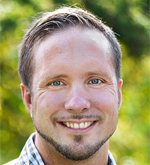 |
Johan Malmström Lund University | |
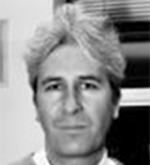 | Translational Proteomic MS The development of targeted proteomic assays, attempting to take biomarkers from the research lab to the clinic Kevin Mills University of London | |
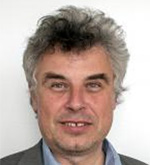 |
Selected Ion Flow Drift Tube Mass Spectrometry SIFDT-MS for Real-Time Measurement of Trace Concentrations of Volatile Compounds in Breath and Culture Headspace Patrik Španěl J. Heyrovský Institute of Physical Chemistry | |
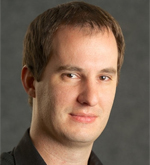 | MS methods for prostate cancer marker : Endocrine Rethinking sex steroids: Understanding the clinical relevance of 11-oxygenated androgens. Karl Storbeck Stellenbosch University | |
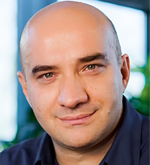 |
Gordan Lauc University of Zagreb; Genos | |
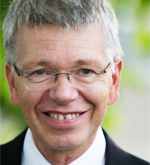 |
Theo Luider Erasmus Medical Center | |
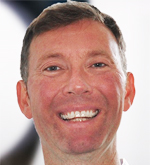 | Thursday Sept 26 Speaking time Folker Spitzenberger Technische Hochschule Lübeck | |
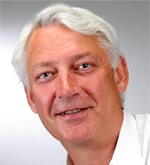 |
Imaging the unimaginable with imaging mass cytometry Frits Koning LUMC | |
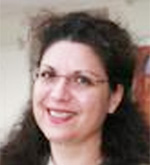 | Lipidomics Skin Lipidomics in the Diagnosis and Treatment of Cutaneous Inflammation Anna Nicolaou Manchester University | |
2. Scientific Sessions :: Submit an Abstract
> > cutting edge science in areas of clinical chemistry and diagnostics
3. Scientific Posters :: Submit an Abstract
> > a chance for you to present your research & see the work of others
EDUCATIONAL PROGRAM
1. Short Courses
> > in-depth training in specific areas of expertise
2. Practical Training Sessions
> > lectures and interactive sessions on clinical mass spectrometry fundamentals and troubleshooting cases
3. Troubleshooting Poster Rounds :: Submit an Abstract
> > a chance to present your method problems and fixes, and learn from others
4. Vendor Workshops
> > an opportunity to learn about the latest offerings and great science being done by our industry colleagues
EDUCATIONAL GRANTS
MSACL invests in education via the MSACL Educational Grants, which support conference attendance:- Young Investigator Grants: Young investigators, in the first four years of their academic position, who submit an abstract which is accepted for presentation (poster/podium) at the annual conference. Applicants must submit a short application.
- Lab Director Grants: Lab Directors interested in learning more about what mass spectrometry is and how it could potentially improve results and reduce costs in their clinical laboratory are not required to submit an abstract, but must submit a short application.
- Trainee Grants: Lab Directors-to-be interested in learning more about what mass spectrometry is and how it could potentially improve results and reduce costs in their clinical laboratory are not required to submit an abstract, but must submit a short application.
It's the abstracts that make the meeting. If you are working in clinical mass spectrometry and have compelling research, submit your abstract for presentation at the MSACL EU Conference.
MSACL focuses on topics including bioinformatics, metabolomics, microbiology, small molecule and proteomics. A comprehensive list is below.
Expected Topics for MSACL 2019 EU
*Note: Abstracts are solicited for the topics listed below, however, if no abstracts are submitted and accepted on any given topic then it will not be covered at the conference.
Abstract Topics
MSACL is soliciting abstracts for both oral and poster presentations under the topics of:
- Breath and VOC Analysis
- Data Science
- Endocrinology
- Glycomics
- Lipidomics
- Metabolites & Metabolomics
- Microbiology
- NMR - Clinical
- Practical Training
- Proteins & Proteomics
- Quality Management & Standardization
- Small Molecules / Tox / TDM
- Tissue Imaging
- Troubleshooting
- Various Other
Target Audience
The target audience for this program includes pathologists, clinical laboratory directors and scientists, mass spectrometry and automated sample processing providers as well as laboratory diagnostic providers. This program will be beneficial to healthcare administrators, laboratory quality control and standards scientists, as well as those responsible for implementation of clinical analyses for emergency response due to terrorism or accident.






